July 5, 2017 22H:21 GMT/UTC/ZULU TIME
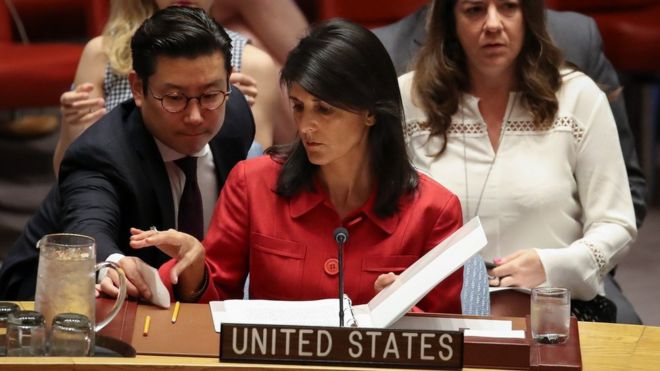 GETTY IMAGES
GETTY IMAGES
The US has said that it will use its "considerable military forces" on North Korea "if we must".
Describing the North's latest missile test as a sharp military escalation, the US ambassador to the United Nations said the US will table a new resolution against Pyongyang.
Ambassador Nikki Haley also threatened to use trade restrictions.
The missile launch, the latest in a series of tests, was in defiance of a ban by the UN Security Council.
North Korea's actions were "quickly closing off the possibility of a diplomatic solution," Ms Haley said.
"The United States is prepared to use the full range of our capabilities to defend ourselves, and our allies," the US ambassador told the UN Security Council, meeting for an emergency session to discuss the test.
"One of our capabilities lies with our considerable military forces. We will use them, if we must, but we prefer not to have to go in that direction".
North Korea's actions were "quickly closing off the possibility of a diplomatic solution".
The French ambassador told the council that France also favours a new resolution on North Korea, which would tighten sanctions.
- Is the new missile test a game-changer?
- Can the US defend itself against N Korea?
- Possible solutions to crisis
Russia, which condemned the test, said the possibility of using military measures "should be excluded".
Earlier, Donald Trump criticised China for its trade with North Korea.
Ms Haley, who said she had discussed the issue with the president, said the US could cut off trade with countries which continued to trade with North Korea in violation of US resolutions.
"We will look at any country that chooses to do business with this outlaw regime," she says.

Mr Trump has arrived in Warsaw, ahead of his trip to Hamburg for the G20 summit of developed nations, where he is due to meet Chinese President Xi Jinping for the second time.
The US president held talks with China's leader Xi Jinping at his Mar-a-Lago retreat in Florida in April.
After those talks, Mr Trump hailed "tremendous progress" with China, but on Wednesday the US president tweeted: "So much for China working with us - but we had to give it a try!"

Why have US-China relations soured?
Barbara Plett Usher, BBC state department correspondent
There's little doubt the honeymoon between Donald Trump and Xi Jinping is over.
The administration is frustrated that China isn't doing more to put the squeeze on North Korea. Beijing is angry about recent moves taken by the White House, including sanctions on a Chinese bank for doing "illicit" business with Pyongyang, and a $1.4 billion arms sale to Taiwan.
In one way this tension is neither new nor surprising - previous American presidents encountered similar resistance from Beijing, which is determined to prevent chaotic upheaval in North Korea. But the stakes are higher because Pyongyang's nuclear weapons programme is becoming more of a threat.
Mr Trump might respond by imposing more sanctions on Chinese banks and front companies that deal with North Korea. But some Asia experts say China would be readier to increase economic pressure on the regime if the US took up Beijing's push for negotiations to deal with the crisis.

What has North Korea said?
Tuesday's launch was North Korea's first-ever test launch of an intercontinental ballistic missile (ICBM).
State news agency KCNA quoted leader Kim Jong-un as saying the test was a "gift" to the Americans on their independence day.
The report warned of the possibility of more tests, saying he had ordered officials to "frequently send big and small 'gift packages' to the Yankees".
Pyongyang said earlier the Hwasong-14 ICBM had reached an altitude of 2,802km (1,731 miles) and flew 933km for 39 minutes before hitting a target in the sea.
North Korea, it said, was now "a full-fledged nuclear power that has been possessed of the most powerful inter-continental ballistic rocket capable of hitting any part of the world".

What is an ICBM?
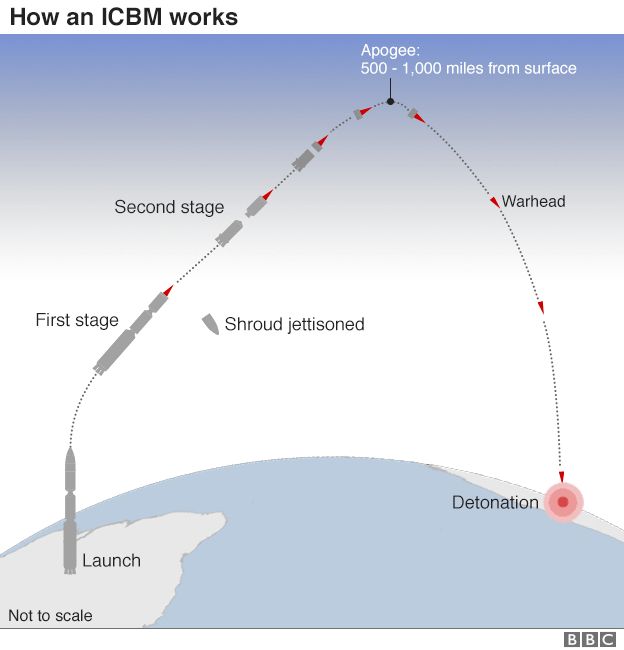
- A long-range missile usually designed to carry a nuclear warhead
- The minimum range is 5,500km (3,400 miles), although most fly about 10,000km or more
- Pyongyang has previously displayed two types of ICBMs: the KN-08, with a range of 11,500km, and the KN-14, with a range of 10,000km, but before 4 July had not claimed to have flight tested an ICBM. It is not clear what differentiates the Hwasong-14

What now for Washington? - Dr John Nilsson-Wright, Chatham House
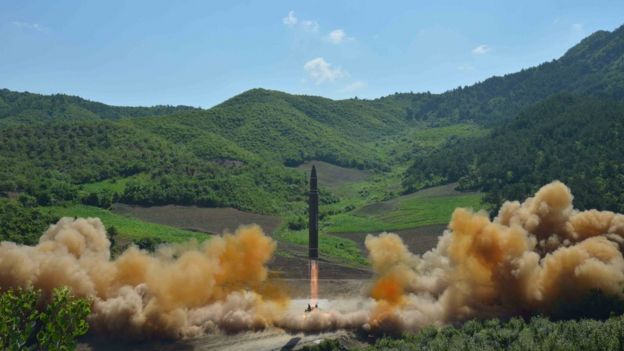 KCNA
KCNA
By bringing Alaska within range, the new missile test is an unambiguous game-changer in both symbolical and practical terms.
US territory (albeit separate from the contiguous continental US) is now finally within Pyongyang's cross-hairs.
For the first time a US president has to accept that the North poses a "real and present" danger not merely to north-east Asia and America's key allies - but to the US proper.
President Trump's weakness lies in having overplayed his hand too publicly and too loudly.



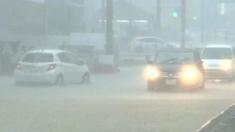
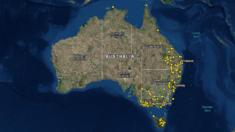
No comments:
Post a Comment